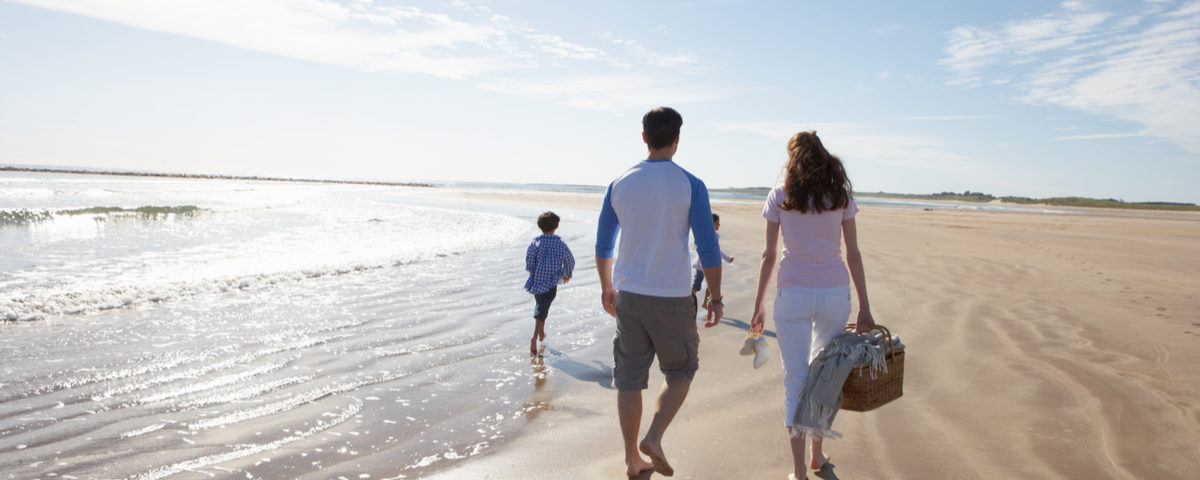While countries keep negotiating safe air corridors and modifying travel restrictions, the greatest hope for the travel industry in the short-term is placed on domestic tourism.
As the industry restarts, it’s clear that travellers have not lost their wanderlust or passion to travel. As the tourist market is uniquely heterogenous, it is not a surprise to find individuals who are eager for international trips while others feel more comfortable exploring their own countries or regions. Domestic tourism will be the first experience chosen by millions of travellers to test the safety of the industry and a useful way to regain trust for future international trips.
Why should travellers embrace staycations?
The main reason to do so is the current limitations to choose destinations. Governments around the world are keeping travel restrictions in place, especially for non-essential travel. However, for millions of people travelling is both a lifestyle and a necessity. This factor, combined with the choice reduction for international destinations, make staycations the most valid way to keep exploring within the new normal context. The rise of this kind of holiday means a transformation in the way we approach travelling. Now, due to both the safety protocols and the levels of stress generated by COVID-19, travellers are aiming for more relaxed vacations. By going on staycations, people can avoid crowded places and attractions while they enjoy placid outdoor activities and private accommodation.
Ways to promote staycations
According to VisitBritain, British residents spent around £19.3bn on overnight trips and £53bn on day trips within England in 2018. A crucial segment for the country’s travel industry whose figures were shattered by the outbreak of the pandemic. At the end of June, when Boris Johnson announced the lifting of lockdown restrictions, one vacation was booked every 11 seconds. Yet this was not the only boost that the travel and tourism industry would receive. “Good to Go”, a scheme launched to trigger staycations, offers assessment to travel and hospitality businesses and the possibility to be granted with a certification. In addition, from 15 July, the UK Government introduced a 5% reduced rate of VAT for restaurants and hotels, among other businesses. This measure, which is planned to be in place until mid-January 2021, seeks to stimulate the demand for domestic travel within the country. A substantial benefit not just for the industry but for travellers, as they can save an estimated £300 on a one-week-vacation.
From Spain to Mexico
The phenomenon of staycations is spreading worldwide. In Spain, data shows that around 90% of residents will travel within the country before 2021 ends. The length of holidays will be shorter and hotels and resorts will likely be the preferred option.
New York is also encouraging domestic travels. With a new marketing campaign, ‘All In’, the city aims to target local travellers to discover everything the Big Apple has to offer. This initiative collaborates with both local businesses and artists so they can support revitalizing the city as a resilient destination.
Mexico is another destination that expects to boost its travel industry through domestic trips. The country, following the prevailing trend in Central and South America, is placing its efforts on promoting the nation to its residents so they choose Mexico for their vacations with the guarantee that safety protocols are running effectively.
Sport and domestic travel
I had the opportunity to interview Javier, a professional athlete who found CrossFit as not just a way of exercising his body but also a means to travel and discover the world. For him, both CrossFit and travelling are lifestyles that he had to put on hold due to the outbreak of COVID-19. The pandemic led to the cancellation of a competition in Malaga for which Javier and another colleague had qualified. During lockdown, Javier had to reinvent himself and find new ways to keep his training sessions up as well as designing training schedules for his clients.
When asked if he would travel abroad, he does not hesitate. Competing in international events and discovering new places is an experience that truly motivates him. However, Javier is aware of the current travel restrictions in place, so he admits that he will first restart travelling within Spain. The country’s good weather and the human factor are key. Nevertheless, in 2021, he expects to qualify for some European competitions as he is confident that the safety of both travellers and athletes will be better guaranteed by then.
Javier faces different challenges in the new normal. He is seeking sponsors mainly to cover the expenses of his trips. Born in Gran Canaria, Javier needs to jump on a plane whenever he qualifies for a competition as well as paying accommodation during his time attending to the event. As a traveller, he hopes that safe air corridors can be established from regions with low infection rates, like the Canary Islands, to European destinations.
You may also be interested in…
- Will 2020 define the future of tourism?
- Finding resilience in travel Industry – despite COVID-19
- The set of skills needed by travel professionals after COVID-19


